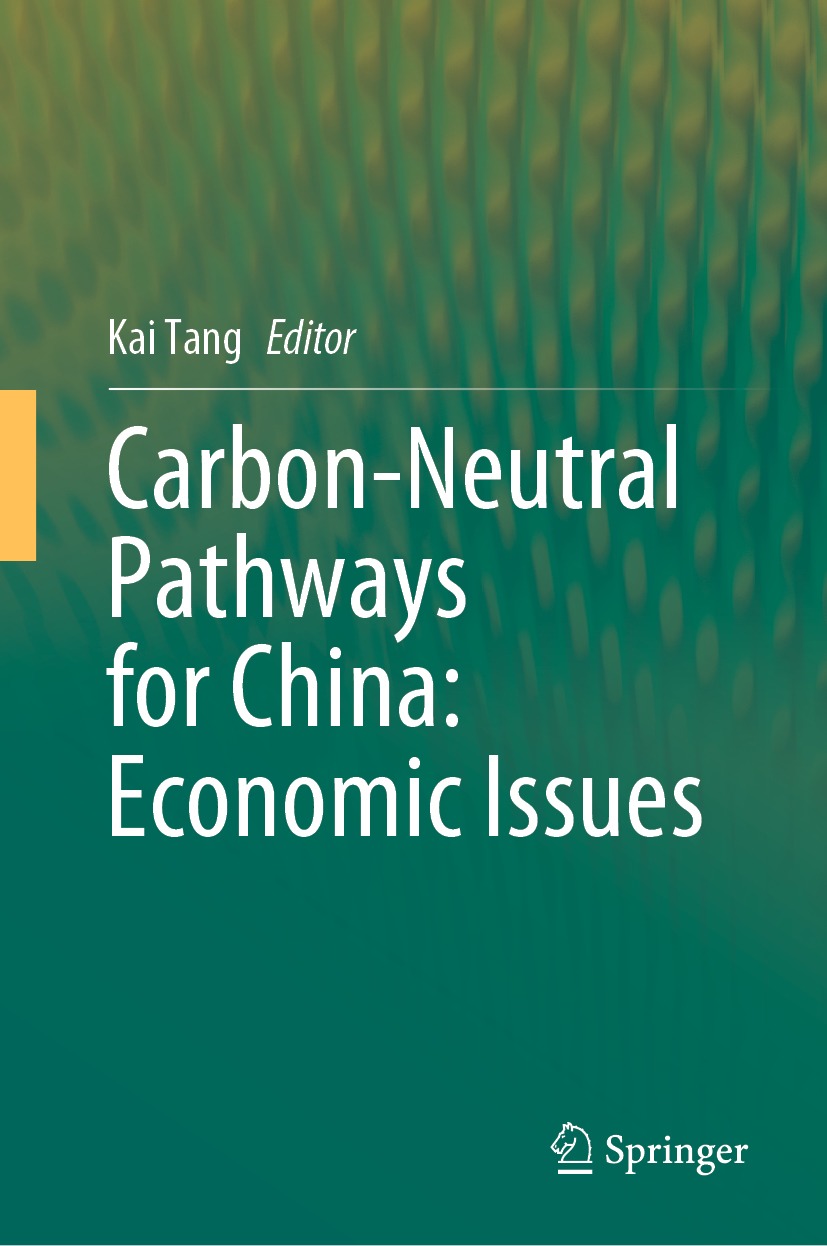This book examines the economic impact of changes in the global demand and supply for fossil fuels both on the major producers in Middle Eastern countries around the Persian Gulf, other producers, as well as the world at large. The economic, social and political life of most countries is not only intimately linked to and influenced by the energy market but also affected by historical developments. Among other issues, it shows how the economic, social and political development of societies in Arabia, the peoples of the Arab Peninsula are influenced by their historic and cultural environment, and what the future may bring to this region when their principal economic assets, petroleum and gas, start to lose markets as alternative sources of fossil fuel, alternative, and renewable energy supply the bulk of global energy needs. It also describes how changing fossil fuel costs, access, security of supply, and environmental impacts may affect future economic, social, and political developments as well as technological advances and changes in priorities.












